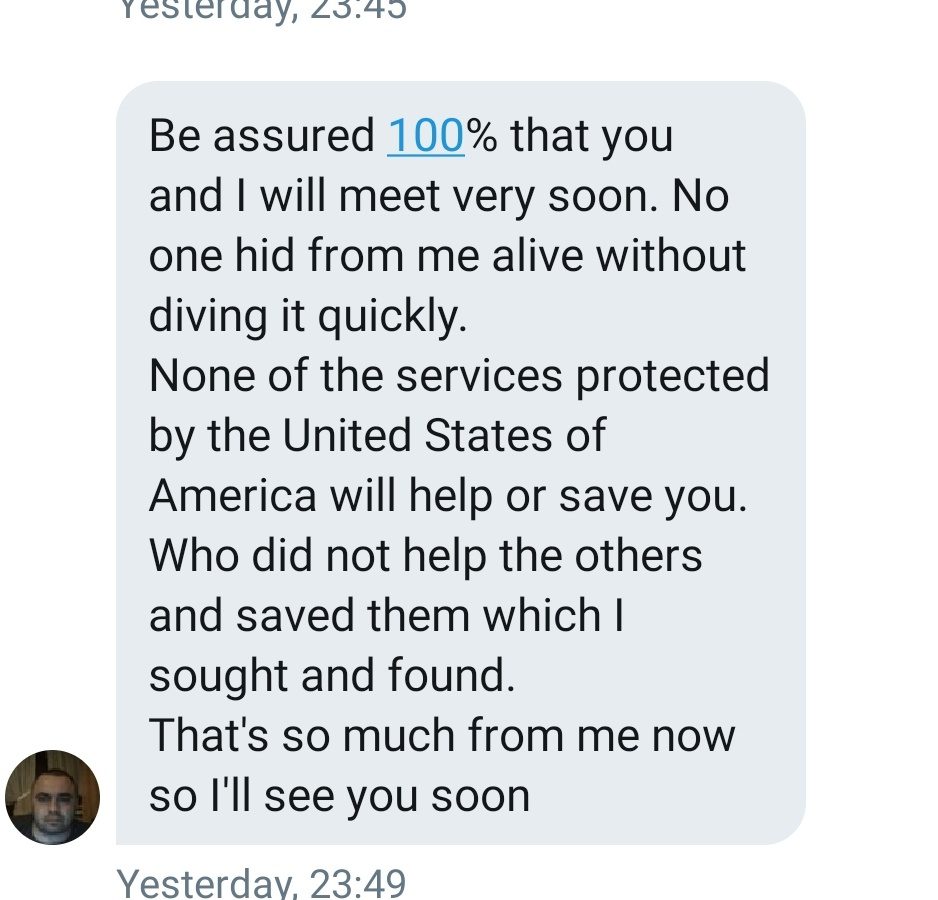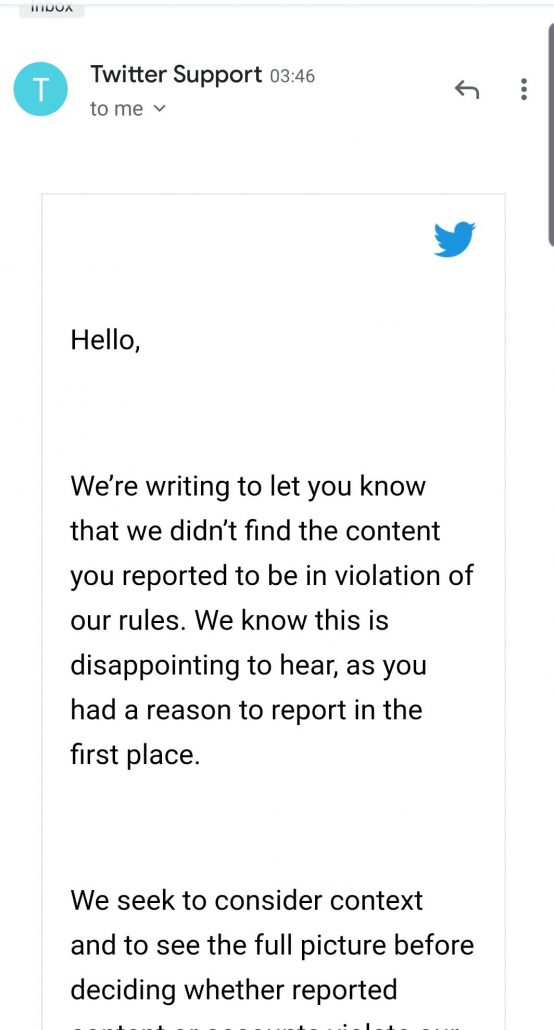Social networks enable us to connect with others, find out new things and information, express our opinion, be active. However, recent events have just shown the ugly side of those platforms.
An investigative journalist who has, during his career, reported and investigated topics, such as GRU, FSB, Chechen and Bulgarian mafia, corruption in the US and Russia, could claim nothing can surprise him few days ago. However, a recent case of video clip from Belgrade outshined all the others, at least when it comes to the threats he received, as well as a failure of Twitter to react. Christo Grozev, winner of the European Press Prize 2019 in the Investigative Reporting category for the Skripal case, was in the center of pro-Russian and Russian media, which was followed by threats sent to his inbox on daily basis.
On November 17th, a video was posted on the YouTube social network on the newly created kdjuey channel, in which allegedly a member of the Russian Military Intelligence Service (GRU) bribes a Serbian agent – a high-ranking official. In the days that followed it was a striking topic in the region and beyond. Grozev, a journalist at Bellingcat, soon identified the Russian from the video and launched a major discussion on Twitter, which he regularly updated with new and credible information. His tweets drew a lot of attention from both individuals and the media, who often cited exclusively Bulgarian as a source in their reports. A day later, the Security Information Agency (BIA) and the Serbian authorities confirmed the authenticity of the video, as well as that it was Georgi Kleban in the video. The identity of the Serbian officer is still unknown.
Grozev targeted by the media
Soon after a media campaign started in the Serbian media. Vecernje novosti, Politika and Blic, the most widely read daily newspapers in Serbia, published the story of the GRU agent on the front pages on November 21st, insinuating without any evidence that the West and Western services were behind the release of the video, with the aim of moving Serbia away from Russia. In doing so, they attacked Grozev and linked him to intelligence services, primarily to the British one.
Soon, Russian media joined Serbian portals. Russia Today (RT) claims that Grozev works for the London-based Bellingcat, which was working closely with the British government. In fact, Bellingcat is registered in the Netherlands, which can be easily verified. As for the second claim, Grozev soon denied it. After Russia Today, the Russian news agency TASS got involved in the race, making the false claim that Grozev was actually the person who posted the video on YouTube and thus made him and his family a target for anyone who does not favor the video.
Contradictory statements
Sputnjik Srbija accuses NATO of constructing a spy affair to disrupt Russia-Serbia relations, which are in an upward path. In one of the articles, political scientist Aleksandar Pavic claims that it is an edited video, despite the fact that the Security Information Agency (BIA) and the Serbian president have confirmed its authenticity. However, it does not stop there. He is launching an attack on Bellingcat and its founder Eliot Higgins, for whom he claims doesn’t know what he’s writing about, gaining popularity with fake accusations.
What followed during such a campaign was actually nothing illogical. After numerous false reports by Russian and Serbian media about Grozev, threatening messages on social networks have also arrived. After numerous false reports by Russian and Serbian media about Grozev, threatening messages on social networks were received. Apart from them, the reaction of Twitter, or lack of it, which did not characterize the threats as a violation of the rules of that platform, is seriously worrying.
After Grozev reported the threatening message, he received a reply from Twitter stating there was no violation of the Terms of service of that platform. However, by looking at the Terms of service, it is clear that threats and harassment of others constitute misdemeanors that are to be punished by the deletion of an account, which for some reason was not the case here.


As with Grozev, the question is, do social networks do enough to prevent the spread of fake news, and do they do everything to protect their users?
The European Union called on social networks earlier this year when it said in a statement that they were not doing enough when it comes to disinformation. Facebook, Twitter and Google have been marked out and named as platforms that do not provide officials with enough information in their reports, which worries EU officials.
Case DFC – FB
In previous research on fake accounts, when the DFC team discovered the identity of the person behind the disinformation about the death of a well-known Montenegrin historian, we were faced with a similar situation. All the information gathered was forwarded to Facebook, as a platform on which these and other malpractices have occurred and which is the only one that can respond appropriately. The answer was that the reported accounts do not violate the Community Standards of that network.
Reviewing the Community Standards, DFC team researchers found the following: fake accounts, fake announcement of public figures’ deaths, accusations of pedophilia, sexual predation and violence against women violate many of Facebook’s standards regarding authenticity, security, dignity, spreading fake news, disinformation and inauthentic behavior

